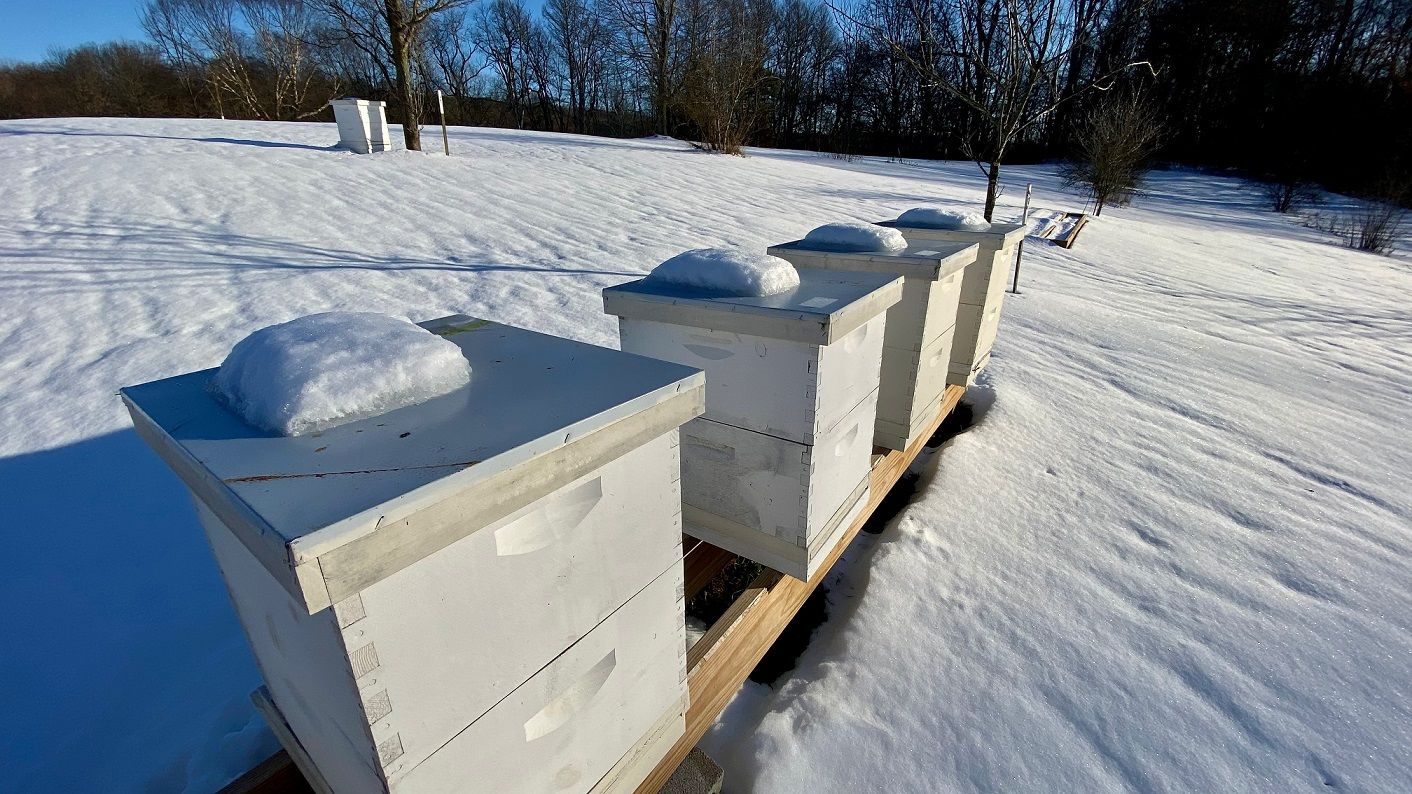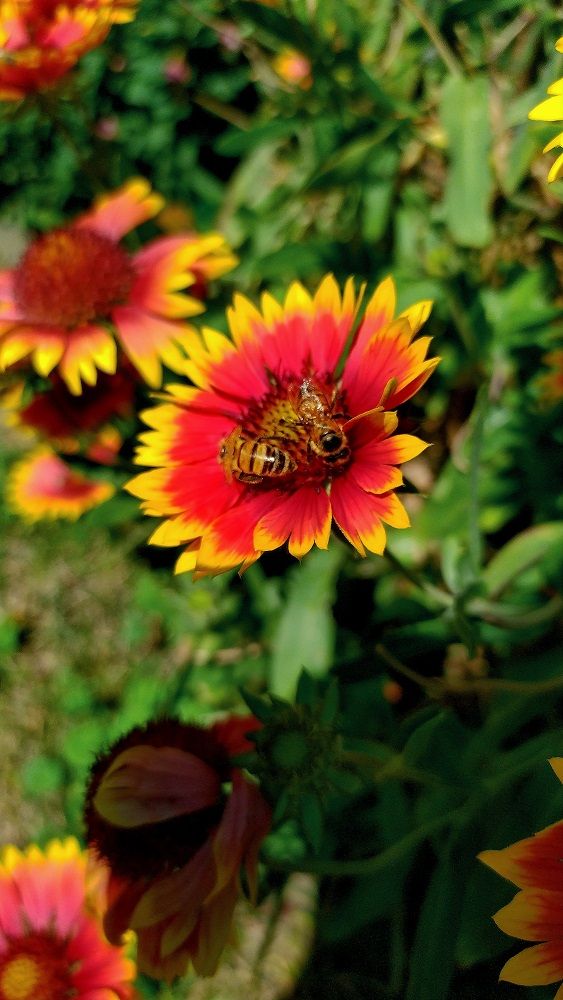The Importance of Incorporating Honeybees on Your Backyard Farm

Honeybees are known for their sweet, golden honey, but their role in pollinating crops and plants is just as important. In fact, honeybees are responsible for pollinating roughly one-third of the world’s food supply. This makes them a valuable asset for backyard farmers looking to maximize their food production.
In this article, we’ll explore the benefits of incorporating honeybees into your backyard farm, as well as how to get started. From the equipment you’ll need to the benefits for your crops, we’ll cover everything you need to know.
Why Honeybees are Important for Your Backyard Farm
As mentioned, honeybees play a crucial role in pollinating crops and plants. Without honeybees, many fruits, vegetables, and flowers would not be able to produce the yields we rely on for food and other uses. In fact, honeybees are responsible for pollinating over 100 different crops in the United States alone.
But it’s not just about the quantity of crops produced. Honeybees also contribute to the quality of the crops. When bees pollinate, they transfer pollen between plants, which helps to create genetic diversity within plant populations. This leads to stronger, healthier plants that are more resistant to disease and pests.
In addition to their pollination services, honeybees also produce honey, beeswax, and other products that can be used on your backyard farm. Honey, for example, can be used as a natural sweetener, while beeswax can be used to make candles and other products.
Getting Started with Honeybees
If you’re interested in incorporating honeybees into your backyard farm, there are a few things you’ll need to get started. First, you’ll need to invest in some basic equipment, including a hive, protective gear, and tools for maintaining the hive.
Once you have your equipment, you’ll need to choose a location for your hive. Honeybees need a sunny location that is sheltered from wind and rain. They also need access to water and a diverse range of plants for foraging.

It’s important to note that honeybees can be dangerous if not handled properly. Make sure to take the necessary precautions and educate yourself on proper beekeeping techniques before getting started.
Benefits for Your Crops
In addition to the benefits mentioned above, incorporating honeybees into your backyard farm can have numerous benefits for your crops.

Here are just a few:
- Increased yields: Honeybees can increase the yield and quality of your crops by pollinating more efficiently than other insects.
- Improved plant health: As mentioned, honeybees help to create genetic diversity within plant populations, which leads to stronger, healthier plants.
- Reduced pesticide use: By attracting natural pollinators like honeybees, you may be able to reduce your reliance on chemical pesticides, which can be harmful to both the environment and human health.
- Better taste: Honeybees can improve the taste of your crops by ensuring that they are properly pollinated.
Honeybees are an essential component of a backyard farm, and their contribution to pollination is invaluable. They are relatively easy to keep and maintain, and their honey and beeswax have a multitude of uses. By incorporating honeybees into your backyard farming plans, you can improve the productivity and health of your plants, and contribute to the overall health of your ecosystem. So why not consider starting a honeybee colony and reap the benefits of these incredible insects?
